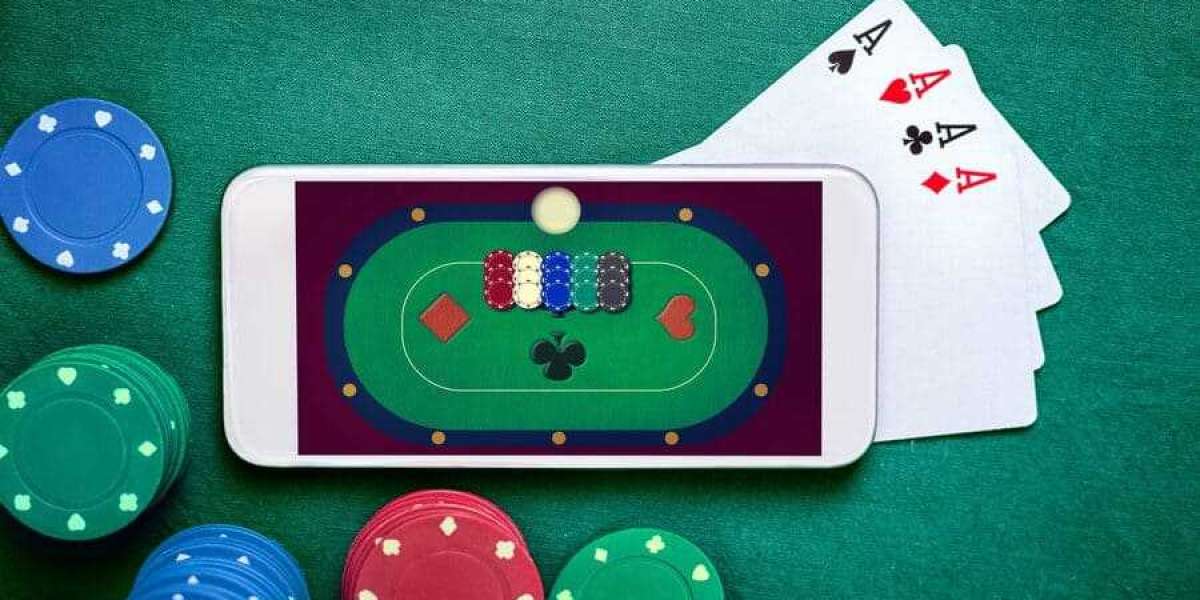Introduction:
In the spring of 2016, a revolutionary event took the gaming world by storm, captivating millions of people across the globe. Pokémon Go, a mobile-based augmented reality game, was released, and almost overnight, it became a cultural sensation. This game, developed by Niantic in collaboration with The Pokémon Company, enticed players to venture out into the real world, search for and capture virtual creatures known as Pokémon. With its unique blend of technology, nostalgia, and social interaction, Pokémon Go became one of the most talked-about and influential phenomena of its time.
Event Description:
In March 2016, the initial buzz surrounding Pokémon Go was already building, anticipation palpable among gaming communities worldwide. When Niantic launched a limited beta test in Japan, Pokémon enthusiasts flocked to get a taste of this innovative game. They were able to wander their neighborhoods, parks, and landmarks with their smartphones, using the game's GPS capabilities to track down, capture, and train Pokémon. The beta testers quickly formed vibrant local communities, sharing their experiences and strategies on online forums and social media platforms.
The success of the beta test set the stage for Pokémon Go's official release later in the year. On July 6, 2016, the game became available for download in the United States, Australia, and New Zealand. Almost instantaneously, the world went wild. Players of all ages and backgrounds found themselves captivated by the opportunity to become real-life Pokémon trainers, moving beyond traditional gaming screens and embarking on outdoor adventures in search of Pokémon.
What truly set Pokémon Go apart from other games was its skillful integration of augmented reality (AR) technology. Using their smartphones' cameras, players could see Pikachu, Charizard, and other beloved Pokémon superimposed onto their surroundings, creating an illusion of capturing these fantastical creatures in the real world. This AR immersion brought childhood dreams to life and fostered an unprecedented level of engagement between the virtual and physical realms.
Not only did Pokémon Go revolutionize the gaming experience, but it also had a profound impact on social interaction. Suddenly, parks, city centers, and even remote landmarks became hubs of activity, as players gathered to battle, trade, and compare their collections. These impromptu meetups forged connections between players who may have otherwise remained strangers, and the game's cooperative aspects fostered a sense of camaraderie and community spirit.
With its addictive gameplay, interactive mechanics, and nostalgic appeal, Pokémon Go became a global cultural phenomenon within a matter of weeks. Countless news articles, television segments, and social media posts documented the game's influence on popular culture. People from all walks of life were seen exploring their surroundings, bonding over shared experiences, and embracing the spirit of adventure and discovery.
In conclusion, the event that took place in March 2016 marked the mesmerizing ascent of Pokémon Go, a mobile game that transcended the boundaries of traditional gaming. Through its clever fusion of augmented reality, nostalgia, and social interaction, Pokémon Go captured the imagination of millions worldwide, sparking a gaming revolution and leaving an indelible mark on popular culture. It demonstrated the power of technology to bridge the virtual and physical worlds, reminding us of the boundless possibilities of human ingenuity.


